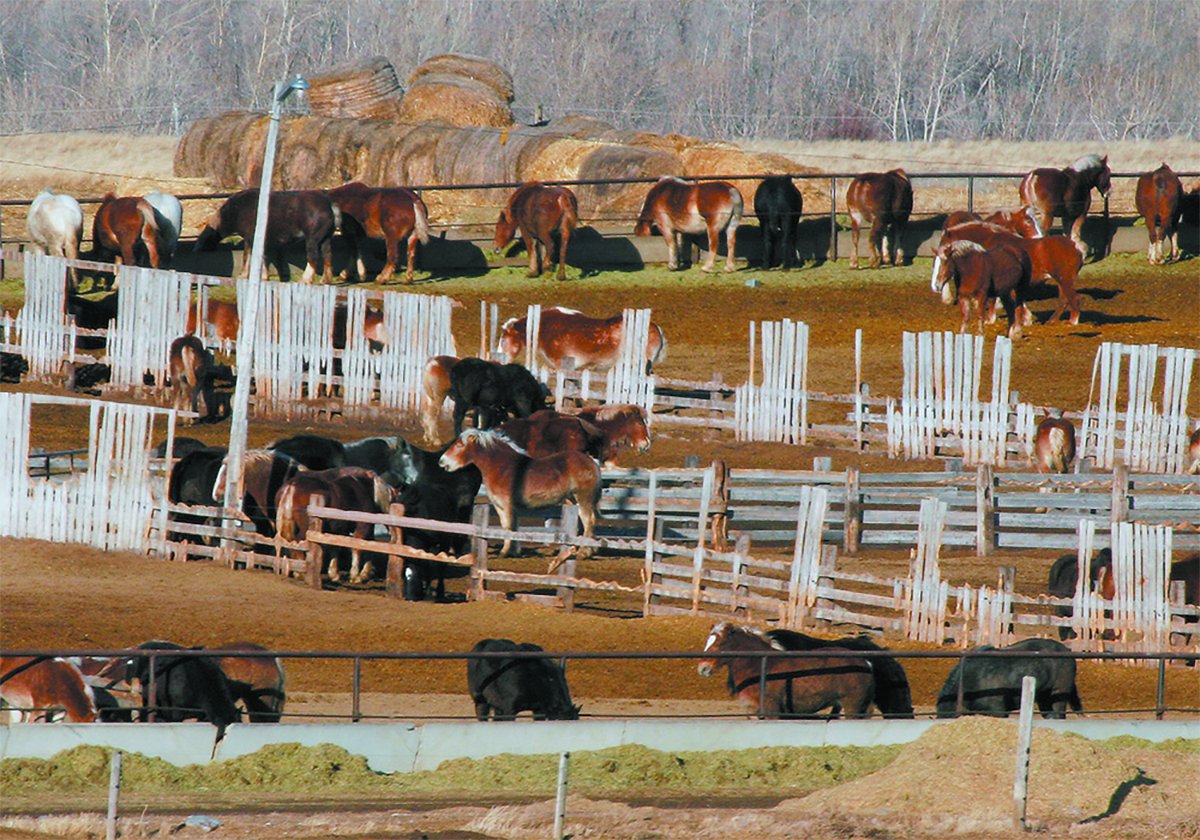Terrorist attacks on the United States have left the country vulnerable on all sides, including the trade front, says an agriculture official at the U.S. embassy in Ottawa.
“The events of Sept. 11 have changed the political community in the United States,” Norval Francis told a Canadian Agri-Food Trade Alliance meeting in Calgary last month.
He said many countries are manipulating America’s need to their advantage as the U.S. tries to form a global coalition in the war against terrorism.
“In order to maintain the coalition we need around the world, nations are coming in with small, little issues that they have had with the United States, saying we would like to move this issue forward.”
Read Also

Canada’s slaughter horse industry lacks transparency
The lack of clear reporting and public access to data keeps the industry largely hidden, leaving questions about humane treatment and traceability unanswered.
Francis said the U.S. can no longer remain isolated from world events.
“There are some countries that have looked at America as some huge megalith in the world that can pretty much do whatever it wants to and get whatever it wants out of the world.”
He said the U.S. has been willing to compromise because it believes that economic stability and a calmer trading environment lead to greater harmony and peace.
In spite of continuing terrorist threats, the U.S. plans to proceed with its agenda at upcoming trade talks in Qatar, he added.
The Americans want an end to direct export subsidies and domestic plans that distort farmers’ production intentions.
However, Francis defended America’s desire to protect its farmers and rural communities, saying public support is possible without distorting trade or production decisions.
Governments should have the right to support farmers to maintain vibrant rural communities, he said.
“We want to move domestic U.S. farm programs toward supporting sustainable agriculture and rural development with minimal distortion to trade.”
He said Canada may again become an American target as the U.S. pushes to end tariff rate quotas and strengthen rules governing state trading organizations.
While Francis admitted supply management isn’t a global issue, he said it raises concerns in North America.
On a world scale, he anticipates greater attention will be paid to developing nations, who want to discuss international aid, credit programs and food import needs.
“The U.S. accepts food security is important to move forward the aspirations of developing nations,” he said.”Further trade reforms for agricultural products are important elements to strengthen food security. However, it is important to realize the next round will not recognize all the food security needs of everyone.”

















